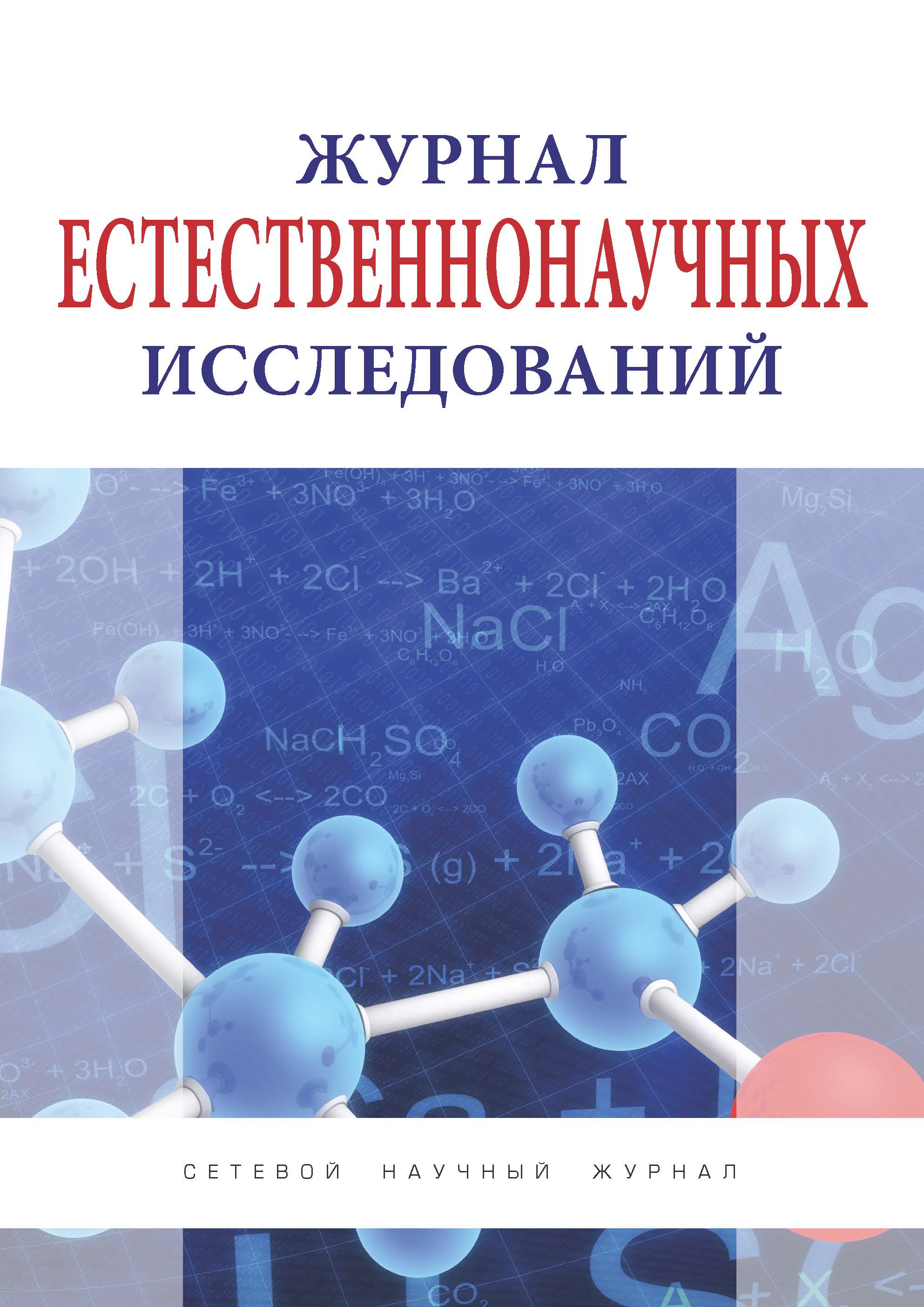Russian Federation
Oncological diseases are a complex and frightening group of pathologies that have been affecting multicellular organisms for many years. Although there is no "cure", philosophical science contributes to the development of oncology through new scientific knowledge and understanding of pathogenesis. The biological complexity and heterogeneity of cancer pose challenges for diagnosis, control and treatment. Conceptual clarity is crucial, as, for example, when defining "cancer stem cells" or "tumor-associated genes". Interdisciplinary integration of methods and knowledge can enrich the understanding of cancer and offer new therapeutic directions. Recent advances in genomic sequencing technologies have led to an ever-expanding list of potential oncogenes, making it more difficult to understand which mutations play a causal role in the development of cancer. Tumors are made up of heterogeneous cells and change over time, which turns the progression of cancer into an evolutionary process called "clonal evolution." New genomic sequencing technologies and phylogenetic methods have been applied to uncover the evolution of cancer cells, but several conceptual questions remain open, in particular regarding the exact role of "natural selection" in cancer and the ability to develop and maintain the heterogeneity of cancer cells in a patient. An interdisciplinary approach to understanding cancer has significant potential to accelerate the study and rethinking of the oncological process, contributing to multifaceted discussions between foreign and domestic colleagues, the separation of cause-and-effect relationships in the development of cancer and further study of the interpretation of pathogenesis.
cancer, cancer biology, interdisciplinary approach, driver genes, evolution, natural selection
1. Peteet JR, Balboni MJ. Spirituality and religion in oncology. CA Cancer J Clin. 2013 Jul-Aug;63(4):280-9. doi:https://doi.org/10.3322/caac.21187. Epub 2013 Apr 26. PMID: 23625473.
2. Casás-Selves, M., DeGregori, J. How Cancer Shapes Evolution and How Evolution Shapes Cancer. Evo Edu Outreach 4, 624–634 (2011). https://doi.org/10.1007/s12052-011-0373-y EDN: https://elibrary.ru/SKACQL
3. Batlle E, Clevers H. Cancer stem cells revisited. Nat Med. 2017 Oct 6;23(10):1124-1134. doi:https://doi.org/10.1038/nm.4409. PMID: 28985214.
4. Maley CC, Aktipis A, Graham TA, Sottoriva A, Boddy AM, Janiszewska M, Silva AS, Gerlinger M, Yuan Y, Pienta KJ, Anderson KS, Gatenby R, Swanton C, Posada D, Wu CI, Schiffman JD, Hwang ES, Polyak K, Anderson ARA, Brown JS, Greaves M, Shibata D. Classifying the evolutionary and ecological features of neoplasms. Nat Rev Cancer. 2017 Oct;17(10):605-619. doi:https://doi.org/10.1038/nrc.2017.69. Epub 2017 Sep 15. PMID: 28912577; PMCID: PMC5811185.
5. Archetti M, Pienta KJ. Cooperation among cancer cells: applying game theory to cancer. Nat Rev Cancer. 2019 Feb;19(2):110-117. doi:https://doi.org/10.1038/s41568-018-0083-7. PMID: 30470829; PMCID: PMC8557269..
6. Egeblad M, Nakasone ES, Werb Z. Tumors as organs: complex tissues that interface with the entire organism. Dev Cell. 2010 Jun 15;18(6):884-901. doi:https://doi.org/10.1016/j.devcel.2010.05.012. PMID: 20627072; PMCID: PMC2905377.
7. Nia HT, Munn LL, Jain RK. Physical traits of cancer. Science. 2020 Oct 30;370(6516):eaaz0868. doi:https://doi.org/10.1126/science.aaz0868. PMID: 33122355; PMCID: PMC8274378.
8. Lemoine, Maël. (2022). Anya Plutynski’s Explaining Cancer: Finding Order in Disorder. Philosophy of Medicine. 3.https://doi.org/10.5195/pom.2022.120.
9. Woodward, J.B.. (2003). Making Things Happen: A Theory of Causal Explanation. Making Things Happen: A Theory of Causal Explanation.https://doi.org/10.1093/0195155270.001.0001..
10. Powell, Steve. (2018). The Book of Why The New Science of Cause and Effect. Pearl, Judea, and Dana Mackenzie. 2018. Hachette UK.. 13. 47-54..
11. Plutynski, A. How is cancer complex?. Euro Jnl Phil Sci 11, 55 (2021). https://doi.org/10.1007/s13194-021-00371-8. EDN: https://elibrary.ru/ELBBQW
12. Neuhöfer P, Roake CM, Kim SJ, Lu RJ, West RB, Charville GW, Artandi SE. Acinar cell clonal expansion in pancreas homeostasis and carcinogenesis. Nature. 2021 Sep;597(7878):715-719. doi:https://doi.org/10.1038/s41586-021-03916-2. Epub 2021 Sep 15. PMID: 34526722; PMCID: PMC9347609. EDN: https://elibrary.ru/JBWBEC
13. Godfrey-Smith, Peter (2009). Darwinian Populations and Natural Selection. Oxford, GB: Oxford University Press.Lean C & Plutynski A (2016). The evolution of failure: explaining cancer as an evolutionary process. Biology and Philosophy 31, 39–57.
14. Lyne AM, Laplane L, Perié L. To portray clonal evolution in blood cancer, count your stem cells. Blood. 2021 Apr 8;137(14):1862-1870. doi:https://doi.org/10.1182/blood.2020008407. PMID: 33512426.






